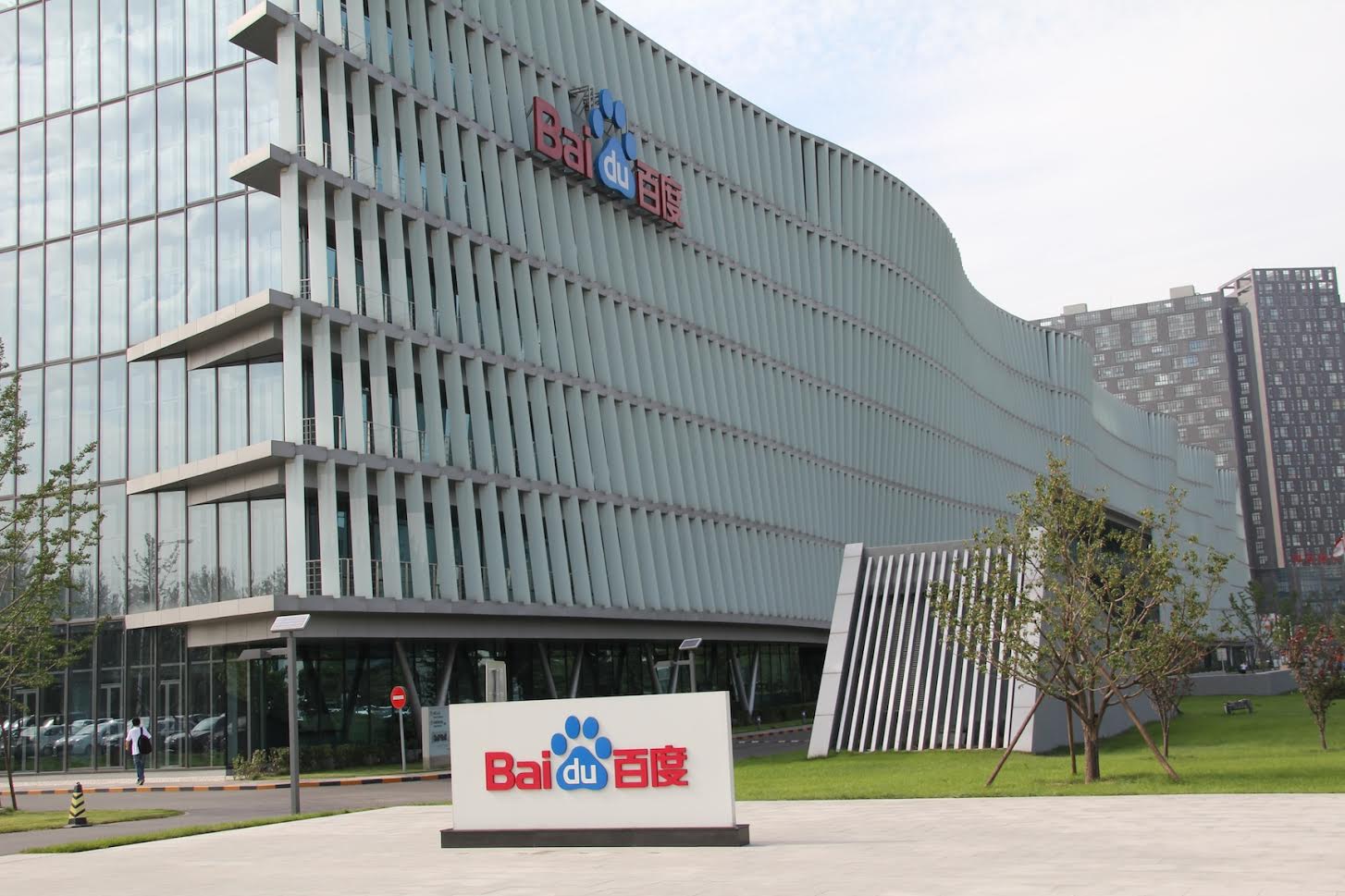
Image credit: Pexels
Chinese companies have historically found it tricky to enter the US market. The American market is a different beast, which means a change in marketing and communication tactics is needed. Flash sales may curry excitement in Tianjin, but Texans won’t blink an eye. Add language and cultural barriers on top of that, and you get some disappointing expansion efforts.
Baidu seems to have found its own solution to tackling the US market that not only involves AI, but also intelligent apps and a machine learning-powered ad platform.
A push towards AI
Baidu has been vocal about recognizing AI as the next stage of the internet, and their efforts in the Baidu Silicon Valley AI Lab show their commitment to research in the field, specifically: image recognition, speech recognition, natural language processing, robotics, and big data.
Over a year since establishing its lab, Baidu has created technologies like Deep Speech 2, a machine learning voice-recognition system that can recognize Chinese and English at an accuracy rate of 97 percent. The system uses deep learning to recognize words and patterns by listening to thousands of hours of transcribed audio. In October this year, Baidu also launched Melody, an AI-powered conversational chatbot that uses advanced deep learning and natural language processing technologies to assist doctors with diagnosis.
To support the AI community in Silicon Valley and beyond, the research team released PaddlePaddle (codenamed after Parallel Distributed Deep Learning), an open source machine learning tool for developers to build their own data learning applications. They also created DeepBench, an open-source benchmarking technology for evaluating the performance of deep learning operations on different hardware platforms.

Image credit: Pexels
Making a mark in advertising
Advertising technology may be struggling in the US, but Chinese companies are still powering ahead. China’s online advertising restrictions means that there is greater growth potential in foreign markets such as the US. With US adtech companies being undervalued, 2016 has seen an influx of Chinese companies acquiring players like Smaato, Opera, and NativeX.
This opens the door wide for companies like Baidu to get a bigger piece of the adtech pie, especially since the US and China were predicted to account for nearly 62 percent of global mobile ad spending in 2016.
Baidu’s answer to adtech comes in the form of its recently launched mobile ad platform DU Ad Platform. The platform accurately predicts ad performance to maximize Android developers’ revenues.
Baidu will be rolling out its DU Ad Platform to developers in Silicon Valley through an unofficial San Francisco tour, including stops at the Open Mobile Summit, Mobile Monday, and Growth Stack.

Image credit: Pexels
Tools on tools
While Baidu is already a known entity in China, they have yet to become a household name in the rest of the world. Their answer to this predicament is – in part – utility apps.
Utility apps are a secret weapon of China’s tech giants when staking out markets overseas. According to Junde Yu, VP of APAC at App Annie, these kinds of useful apps are a “blind spot” for Western internet companies. This gives companies like Baidu a chance to win a spot on American smartphone screens, not to mention hundreds of millions of screens in emerging markets around the world.
In 2016, Baidu launched two new international apps. The first is DU Caller, a privacy/utility app for filtering out potential spam calls and identify unknown numbers. According to Josh Fenn, senior marketing manager at Baidu, DU Caller was created with India and the US in mind. In fact, data from DU Caller found that one in every seven calls in the US are spam calls, and ZDnet reports that small businesses in the US lose nearly half a billion dollars a year in lost productivity thanks to telemarketing.
The second app is Facemoji Keyboard, an app that does predictive emoji combinations.

Image credit: Pexels
Baidu’s future in the US
The choice to step into the giant US consumer market with a combination of AI and utility apps may seem strange for a company that ranks fourth on the Alexa Global Internet rankings, but the strategy has steadily amplified Baidu’s visibility in Silicon Valley amongst developer circles.
Moving into the new year, Baidu says that they will be looking at integrating their AI technology into their consumer-facing products. DU Ad Platform already makes use of AI to increase the accuracy of its ad performance predictions. Other products, like Facemoji Keyboard, could soon infuse AI from the company’s Silicon Valley research lab, said Fenn.
DU Caller, on the other hand, has a database of 1.5 billion known spam numbers in the cloud, and uses predictive technology to scan calls as they come in. To get things geared up for the US market, the team behind the product is currently holding a YouTube awareness campaign about phone security called “Make the Right Choice”.
And if that’s not enough, Baidu may soon have a self-driving car on the streets, though it probably won’t be a BMW.
This post https://www.techinasia.com/baidu-takeover-us appeared first on Tech in Asia.
from Tech in Asia https://www.techinasia.com/baidu-takeover-us
via IFTTT
No comments:
Post a Comment